- Saturday, 28 February 2026
Republic Day special
'An epochal day marking commencement of new era'
Kathmandu, May 29: Today marks the completion of 15 years of the proclamation of the Republic system in Nepal. The first meeting of the Constituent Assembly (CA) on 28 May 2008 declared Nepal a federal democratic republic by ending the 240-year-old monarchy.
The republic was established as a
state system of the people where the people elected representatives to choose the
Head of the State rather not based on the legacy of the kingdom.
From a social evolution perspective,
It was inevitable to establish a republic by abolishing monarchy with the Nepali
society transitioning to capitalism from feudalism. But it was not possible
without political struggle.
The decade-long civil unrest that occurred calling for uprooting feudalism and liberation of the oppressed
groups and classes had socially weakened feudalism. Finally, Nepal saw the
establishment of a republic.
The establishment of the republic in Nepal
truly marks the beginning of a modern era for the country both politically and
socially. Generally, the republic is considered the best form of governance.
As capitalism is a more progressive
system than feudalism from the societal perspective, its political articulation is
to end the monarchy and establish the republic.
The country has made the leap forward
in political, economic, social and livelihood issues in a qualitative way as
well. The country is making headways towards the path of building a prosperous
country with sustainable economic development through a federal democratic
republic governance system.
Meanwhile, people's constitution
which was formulated through the Constituent Assembly has come into effect.
Likewise, the peace process has also witnessed significant progress.
People have gained opportunities for
social service and development along with the advancement of diverse leadership
after the completion of second-time elections of all three tiers of the
governments as per the constitutional arrangement of Nepal.
Besides this, the service-providing
agencies have reached nearby the doorsteps of the people. The power and authorities
have been decentralized for framing processes, implementing plans and mobilizing
human resources rather not be limited to the arrangement of resources for
education, health and infrastructure development. The social indicators have
seen enthusiastic reforms.
Several reform initiatives have
been made in the economic development and fiscal management areas.
In addition, recent reliable
reports have revealed Nepal's progress in human development, corruption control
and transparency.
Thus, the republic has created a
situation wherein people can easily take benefits of equality, social justice
and social-economical dividends.
As the republic is the sovereign
citizenry governance system, we all should make it a shared agenda for the
successful implementation of the constitution and a campaign for building a
prosperous Nepal with strong national unity and sustainable economic
development.
Finally, I would like to extend my best wishes and congratulations to all Nepali fathers and mothers, sisters and brothers on the occasion of Republic Day, 2080. (RSS)
(The excerpts are based on the conversation of RSS feature
chief Krishna Adhikari with Minister Sharma)




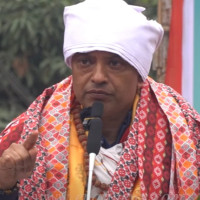
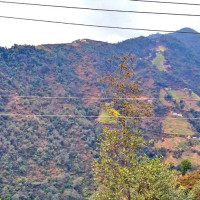
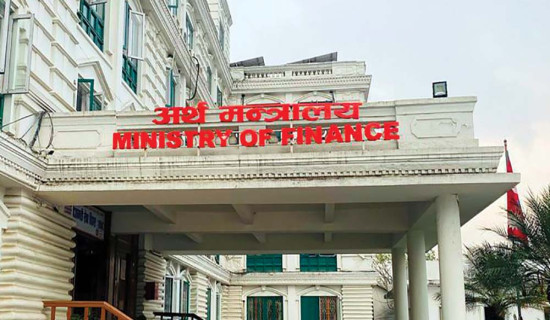
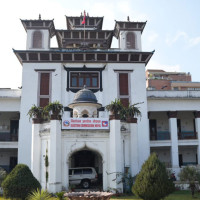


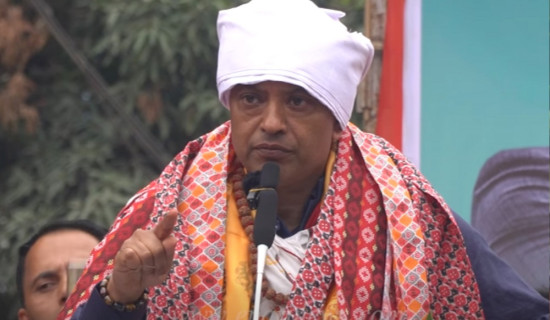
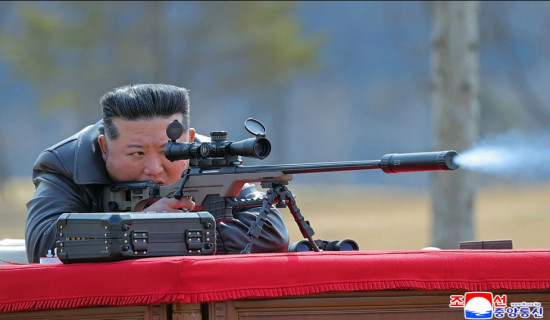
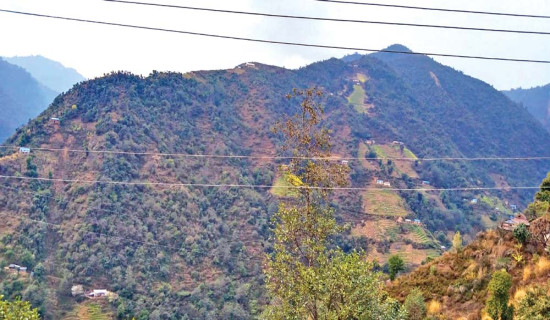
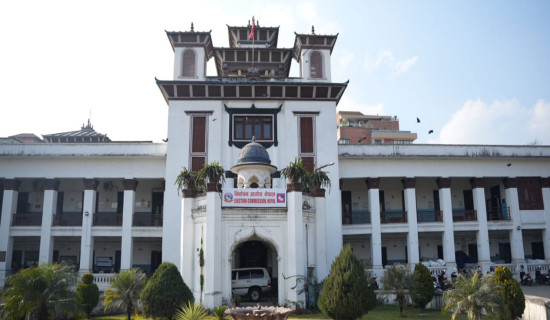

-original-thumb.jpg)
